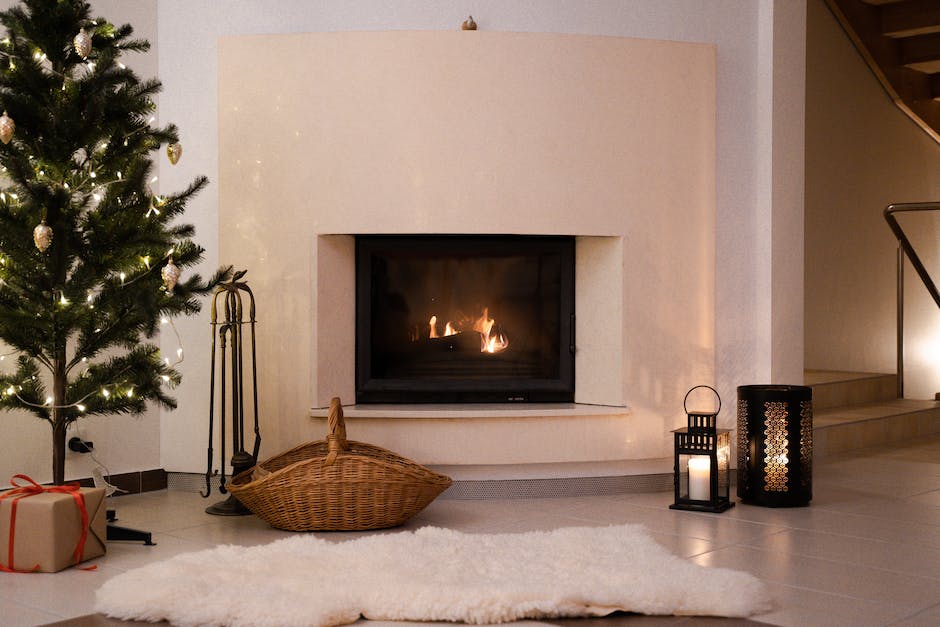Your flooring choice matters. Flooring is in the top 11 issues that home buyers consider when deciding to buy and pay more. According to the National Association of Realtors, 54% of buyers are willing to pay an extra $2,080 if there are hardwood floors.
When weighing up hardwood vs laminate vs vinyl flooring for your home, which is best for you? It’s a difficult decision but here’s some help. Read on to learn about the pros and cons of each, to help you decide.
Hardwood Advantages
Hardwood flooring looks natural. The rich grains and colors of hardwood floors provide a quality look and feel that can’t be replicated by alternative flooring materials.
Hardwood can be finished and sanded. This means that if maintenance is needed to repair some damage, a hardwood floor can be returned to its original condition.
There is a range of hardwoods available offering different colors, styles, and price points. These products can help sell your home. Hardwood flooring is attractive to buyers and they’ll even pay a premium for homes with hardwood floors.
Hardwood Disadvantages
The main disadvantage of hardwood as a flooring option is its cost. The high cost comes both from the raw material and the installation. This is a flooring solution that needs professional skills.
Maintaining a hardwood floor can be problematic depending on the amount of traffic on it. Scratches and scrapes from furniture, heels, and pets can spoil the appearance of hardwood. Water damage can be a problem too.
Laminate Advantages
Laminate flooring’s top advantage is its ease of installation. Many keen DIY home improvers can complete a simple installation themselves. A professional can complete an installation quickly and inexpensively.
After installation, laminate flooring is low maintenance. It’s easy to clean and doesn’t need any special treatment.
Laminate flooring is resistant to water and moderate moisture. You can even clean it with a damp cloth.
Additionally, laminate flooring in buford ga, and everywhere else comes in a huge range of color options. It can replicate hardwood floors, but can also replicate other materials, including tiles.
Above all, it’s relatively inexpensive to buy.
Laminate Disadvantages
You cannot sand laminate flooring or repair it like hardwood floors. Any dinks or surface damage can’t be easily repaired and will probably require swapping out a plank.
The surface is polished and so can be slippery even when dry. Most laminate flooring is not waterproof so although water-resistant, it should not be thoroughly wetted.
Laminate flooring designs can be attractive but they often fail to look as natural as hardwood floors.
The low cost means that a laminate floor will make little difference in the value of your home.
Vinyl Advantages
In an area of your home that is prone to water spills, vinyl flooring has an advantage. It performs better than both hardwood and laminate flooring in moist conditions.
Vinyl flooring can be warmer to walk on than other flooring and softer too. The range of styles and colors is huge. It can replicate wood, tiles, and other materials as well as providing some other options.
It’s inexpensive and installation is easy.
Vinyl Disadvantages
Vinyl flooring is not durable and will not stand up to heavy use. Its softness means it can scratch easily.
Vinyl is not good at replicating natural materials. Its cheapness means it won’t add much value to your home.
Hardwood vs Laminate vs Vinyl
Each of these flooring options has their place. Assess your needs and check-out the advantages and disadvantages of hardwood vs laminate vs vinyl. There’s a flooring solution that’s right for you.
Browse our website for more home improvement tips.



